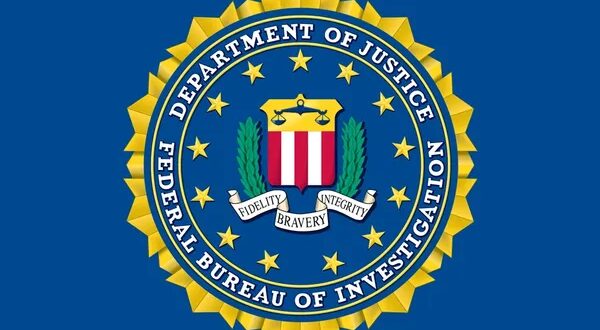The Federal Bureau of Investigation says the Iranian regime and “its terrorist partners” aren’t just a threat to the Middle East, but also a critical risk for the United States.
In a number of tweets on Monday, the FBI said Iran and its proxy groups “don’t just endanger the Middle East — they also put Americans, US national security, and our country’s critical infrastructure at risk.”
Sharing a link to a page on its website about how it is fighting back against the Iranian threat, the bureau added that the risk by the Islamic Republic is not theoretical. “Through intel and law enforcement partnerships, the FBI has countered an array of threats from Iran’s government — such as attempted terrorist attacks and kidnappings, espionage and foreign influence ops, and cyberattacks.”
Reiterating its commitment to identifying and disrupting all Iranian intelligence and military operations that threaten the Americans, the FBI said, “We’ll use every tool and authority at our disposal to investigate crimes that Iran’s government and terrorist partners direct.”
“The Iranian regime has used repressive tactics in its wrongful detention of Americans in Iran on unsubstantiated criminal charges. The Iranian regime has also exported its repression through its harassment and lethal targeting of Iranian dissidents worldwide, including Americans living in the United States.”
Earlier in August, US National Security Advisor Jake Sullivan expressed concerns over the safety of Iranian women’s rights activist Masih Alinejad following the arrest of a man with an assault rifle outside her New York home.
Alinejad, who was also the target of an international kidnapping plot orchestrated by Iran’s intelligence network last year, has promoted videos of women protesting Iran’s compulsory Islamic dress code to her millions of social media followers.
 Eurasia Press & News
Eurasia Press & News




